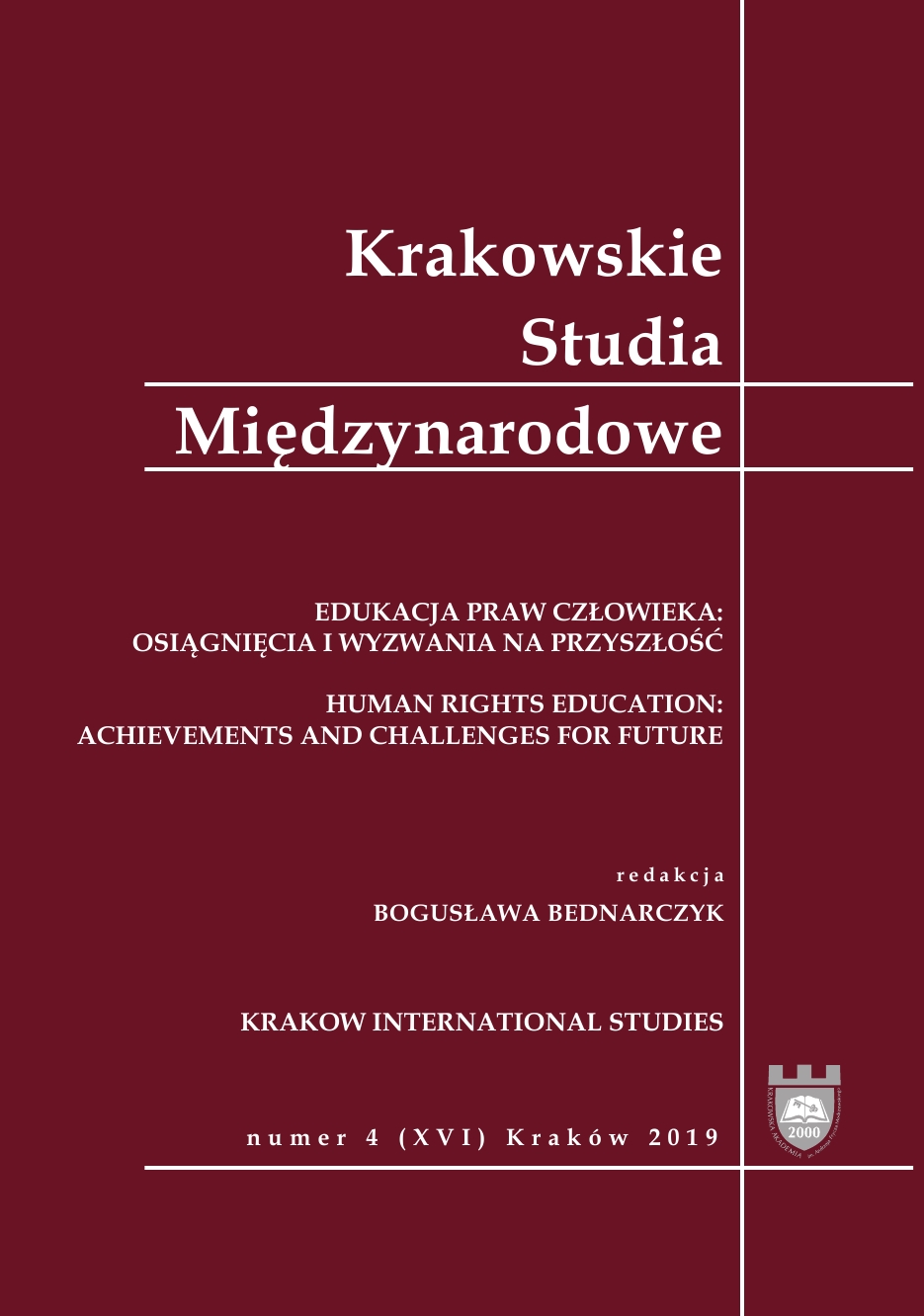Federalne Ministerstwo Sprawiedliwości RFN w cieniu narodowosocjalistycznej przeszłości – znaczenie projektu Rosenburg w Polsce
The Federal Ministry of Justice in the Shadow of the Nazi Past – Significance of the „Rosenburg Project” in Poland
Author(s): Magdalena BainczykSubject(s): Constitutional Law, Government/Political systems, International relations/trade, Nationalism Studies, Post-War period (1950 - 1989), Fascism, Nazism and WW II
Published by: Oficyna Wydawnicza AFM Uniwersytetu Andrzeja Frycza Modrzewskiego w Krakowie
Keywords: Germany; national socialism; the judiciary; the German Basic Law; international; crimes fundamental rights; Poland;
Summary/Abstract: In 2012, the Federal Ministry of Justice in Germany set up an Independent Commission to investigate the Ministry’s handling of the Nazi past in the early years of the West Germany. The findings of the investigation were presented 2016 in a book under the title „Rosenburg files” and later in exhibitions both in German and English language. The findings are shocking. More than half of all senior staff of the Federal Ministry of Justice had been former Nazi collaborators and one in five had been a member of the SA. This personnel continuity had very important consequences also for Poland and its citizens for example: discrimination against former victims, Nazi criminals were barely prosecuted. The personnel-based and approach-based continuities had serious consequences for a process of building a democratic state based on rule of law. All these aspects have been shortly analyzed in the article.
Journal: Krakowskie Studia Międzynarodowe
- Issue Year: XVI/2019
- Issue No: 4
- Page Range: 193-206
- Page Count: 14
- Language: Polish

